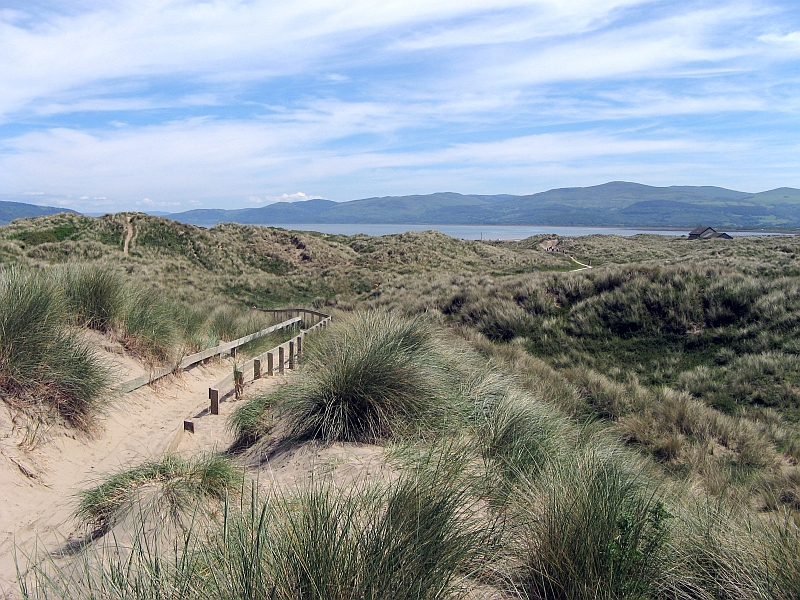Top predators: python, jaguar
Secondary consumers: vampire bats, iguanas, red eyed tree frog
Primary consumers: chimpanzees, parrots, monkeys, insects
Producers: orchids, bamboo, banana tree
Decomposers: coral fungi, bracket fungi
Extinct species: golden toad
Plants
Epiphytes: 878 known species, also known as "air plants", They grow on other plants.
Orchids: 450 documented species, of these over 350 species are classed as epiphytes
Trees: 755 species of trees and treelets
Plant adaptations
Trees are high to reach the sunlight. Many other plants grow on them to look for a sunlight and share nutrients. Some grow on them to feed on them.
Wildlife corridor is a strip of habitat that allow animals to migrate from one ecosystem to another.
Santa Elena Reserve
- The reserve is run by local community.
- It has 765 acres.
- 15 cables and 18 viewing platforms
- It's sustainable because people can learn about their current environment. The road has been paved. No hotels built near the reserve.
- Attraction: Tarzan Swing
- Only 160 people allowed at a time
- Provides jobs for local people.
- The journey will be cut from 5 hours to about 2 because of new paved road.
- The number of tourists could double.



